Nigerian military called them a relatively new terror group that infiltrated Sokoto and Kebbi states through the Niger Republic following the coup in Nigeria’s neighbour, but PREMIUM TIMES’ findings about Lakurawa, an al-Qaeda-linked terror group, indicate that they had been active even before last year’s coup in Niger.
Last Thursday, the Nigerian Defence Headquarters described Lakurawa as a new terror group exacerbating insecurity in the North-west region.
“Troops are confronted with a new terrorist sect in the North-west,” Edward Buba, a military spokesperson said during a press conference. “This sect is known as Lukawaras, the Lukawaras are affiliated to terrorists in the Sahel, particularly from Mali and Niger Republic.”
Mr Buba, a major general, also claimed that the Lakurawas emerged from Mali and the Republic of Niger after last year’s coup in Niger led to the breakdown of military cooperation between the country and Nigeria.
Lakurawa: An al-Qaeda-linked transnational terrorists
Since the military declared Lakurawa as a new terror group, there have been a lot of narratives about the group on social media as seen here and here. One narrative linked them to the Islamic State in the Greater Sahel (ISGS), but research published a few years ago counters that.
As explained in a 2022 study conducted by Murtala Rufa’i, James Barnett, and Abdulaziz Abdulaziz, the Lakurawa militants rejected the Boko Haram label and preferred to be called Mujahideen or Ansaru, the franchise of al-Qaeda in the Islamic Maghreb (AQIM) in Nigeria.
Like Lakurawa, the Ansaru terror group promises to protect locals in its strongholds. The group mainly targets military formations, although it also targets civilians who it considers spies or infidels. Ansaru terrorists, who could have the same ideology as Lakurawa, are believed to be present in parts of Kaduna, especially Birnin Gwari. This shows that jihadis are trying to penetrate the banditry-ravaged North-west.
Nigerians need credible journalism. Help us report it.
Support journalism driven by facts, created by Nigerians for Nigerians. Our thorough, researched reporting relies on the support of readers like you.
Help us maintain free and accessible news for all with a small donation.
Every contribution guarantees that we can keep delivering important stories —no paywalls, just quality journalism.
The authors (Messrs Rufa’i, Barnett and Abdulaziz) further linked Lakurawa to Jama’at Nusrat al-Islam wal-Muslimin (JNIM), an al-Qaeda franchise in Mali. The JNIM was formed in March 2017 when four Mali-based extremist groups — Ansar al-Din, al-Murabitun, the Macina Liberation Front (MLF), and the Sahara Emirate subgroup of al-Qa’ida in the Lands of the Islamic Maghreb (AQIM) — merged forces.
From mercenaries to predators — Lakurawa not new terror group
According to a 2021 study by Mr Rufa’i, a historian with expertise in regional terrorism, the Lakurawa group was initially invited by local leaders in Gudu and Tangaza LGAs of Sokoto State in 2017 to address the growing threats by bandits from Zamfara State.
The “Zamfarawa bandits crossed from their strongholds in Zamfara to attack locals in Jina-Jini, Wassaniya, Tabaringa, Mulawa in Tangaza and Gudu LGAs. The bandits also terrorised eastern Sokoto communities in Isa, Sabon Birni, Rabah, Goronyo, and Illela LGAs,” Mr Rufa’i noted, adding: “The Islamic sect [Lakurawa] started with less than 50 indigenous youth in 2017, but this number has since increased to over 200, mainly young boys between the ages of 18–35.”
The Lakurawas, according to a traditional ruler in Balle, a village in Gudu LGA, are Malians who speak Arabic and Fulfulde languages. “They were invited to provide security to our communities,” the traditional ruler told Mr Ruf’ai in an interview in 2021.
“The District Head of Balle in Gudu Local Government together with the District Head of Gongono in Tangaza Local Government met with Alhaji Bello Wamakko, the then Chairman of Miyetti Allah Cattle Breeders Association of Nigeria (MACBAN) and discussed how to tackle Zamfarawa (Bandits). They finally reached conclusion to hire Lakurawa from Mali in order to deal with Zamfarawa bandits. This was the first effort,” the traditional ruler had said, adding that he warned the then-Governor Aliyu Wamakko about the invitation of the Lakurawas.
Community leaders who invited the group also contributed to their growth. They “solicited support in cash, cows, logistics and weapons for both their invited Lakurawa guests and their newly recruited youth in the communities…,” the traditional ruler who is identified as Magajin Balle told Mr Rufa’i.
When the media first reported the infiltration of armed Lakurawa in 2018, the police debunked the news, saying they were non-violent herders who “came to the area largely owing to availability of water for their animals.”
Cordelia Nwawe, the then-police spokesperson in Sokoto State, explained that the Malian group was sighted around Marake forest in Gudu LGA and Wassaniya, Tunigara, Mulawa, Jina-Jini villages in Tangaza LGA.
Lakurawa became violent when its members killed the district head of Tangaza, one of the traditional rulers who invited them. According to Mr Rufa’i, the group accused Mr Muktar, the district head’s son, of having its N63 million in his custody. The Lakurawas made this claim after Mr Muktar died in a fire accident.
The group later killed the district head in his palace after the traditional ruler disputed their claim.
Before this, the group had been preaching its ideology to locals, collecting “Zakat” of livestock from herders, Bashiru Tagimba, a youth leader in Tagimba village told Mr Rufa’i.
“They check people’s phones and break the memory cards that contain music,” Mr Tagimba had said, adding the group also flogged people who played or danced to music.
Wanton attacks on military formations in border towns by the Lakurawas propelled the Nigerian and Nigerien militaries to join forces, conducting a joint operation in late 2018, Messrs Rufa’i, Barnett and Abdulaziz stated in their study.
According to them, the joint operation checked the activities of the Lakurawas, but some locals still reported that they saw them in the area. This suggests that the terrorists only stopped attacking military targets.
Traditional and religious leaders who initially supported the Lakurawa terrorists later turned against them when the group’s actions deviated from the original purpose of their invitation, Mr Rufai’s study revealed.
READ ALSO: ANALYSIS: Aid workers are increasingly seen as fair game in violent conflicts
These leaders, along with some community members, provided valuable intelligence to state authorities to counter the group’s activities. But PREMIUM TIMES understands that limited media coverage of these efforts hindered public awareness and understanding of the situation. This further helped the state authorities to downplay the threats posed by the Lakurawa.
The Nigerian authorities’ failure to address the Lakurawa threat allowed the group to re-emerge in 2021. This time, it aligned with bandits and Fulani communities against the outlawed Yan Sakai vigilante group.
The coup in Niger and the collapsed joint military operations of Nigerian and Nigerien forces appear to have further emboldened the terror group.
Support PREMIUM TIMES' journalism of integrity and credibility
At Premium Times, we firmly believe in the importance of high-quality journalism. Recognizing that not everyone can afford costly news subscriptions, we are dedicated to delivering meticulously researched, fact-checked news that remains freely accessible to all.
Whether you turn to Premium Times for daily updates, in-depth investigations into pressing national issues, or entertaining trending stories, we value your readership.
It’s essential to acknowledge that news production incurs expenses, and we take pride in never placing our stories behind a prohibitive paywall.
Would you consider supporting us with a modest contribution on a monthly basis to help maintain our commitment to free, accessible news?
TEXT AD: Call Willie - +2348098788999


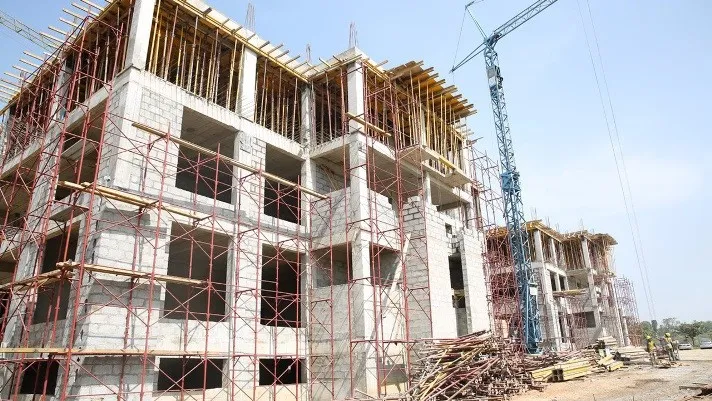

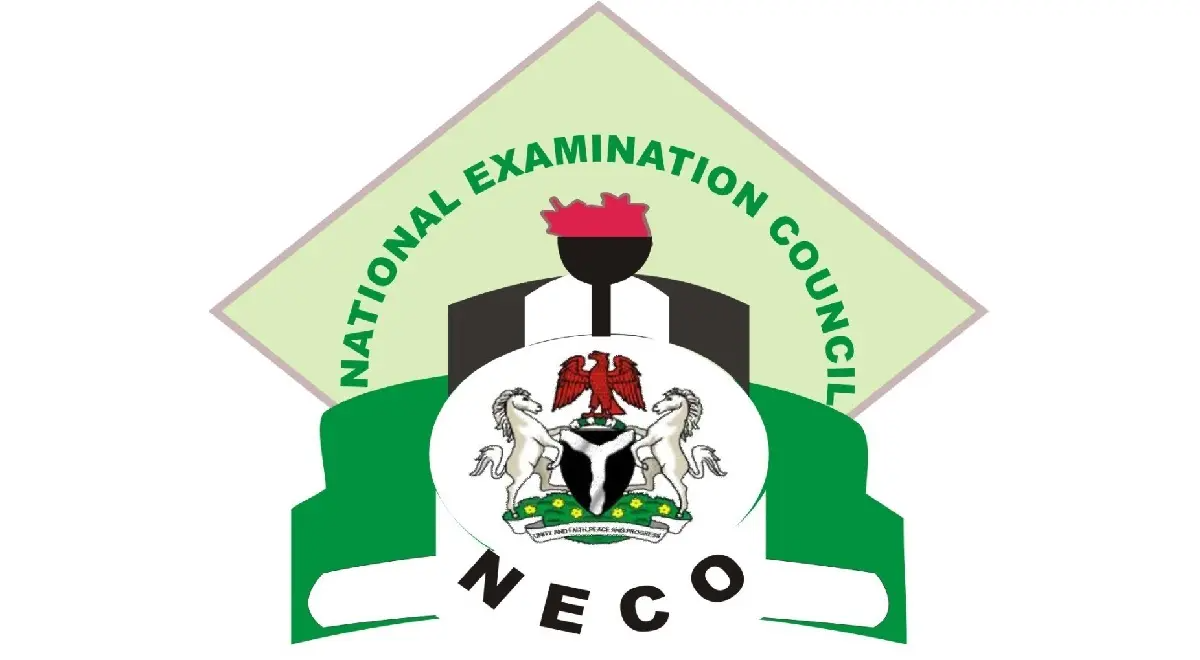
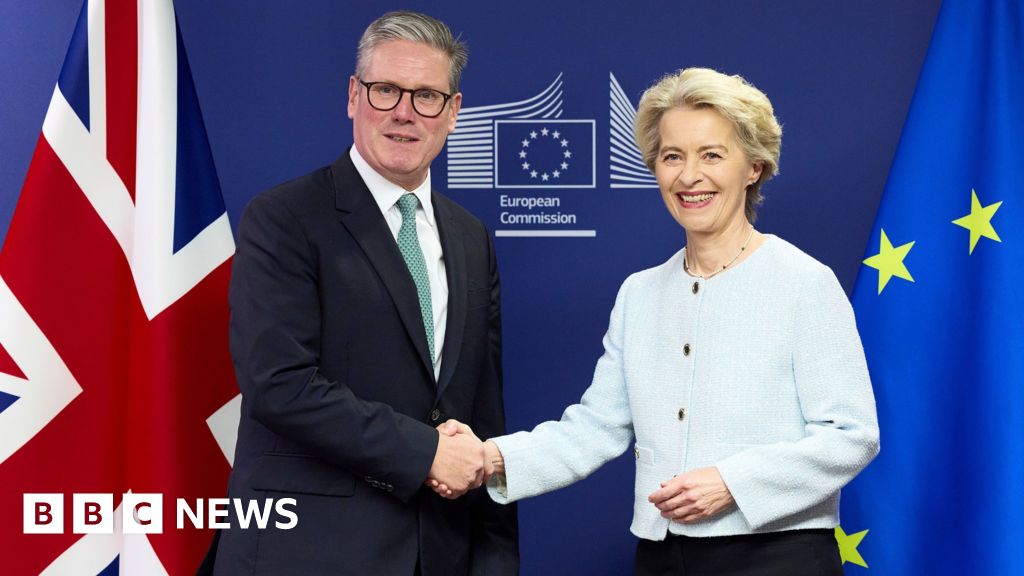
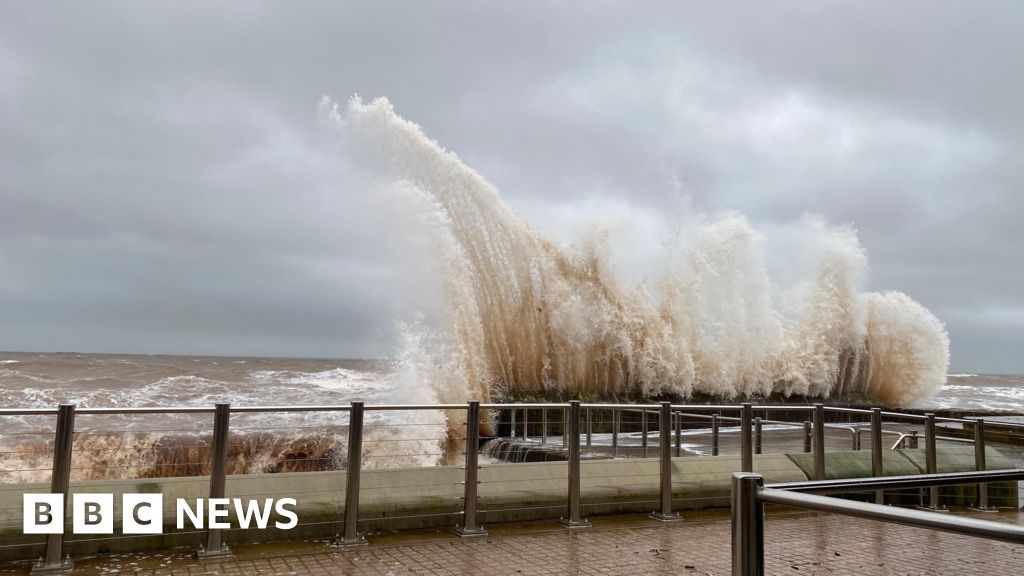

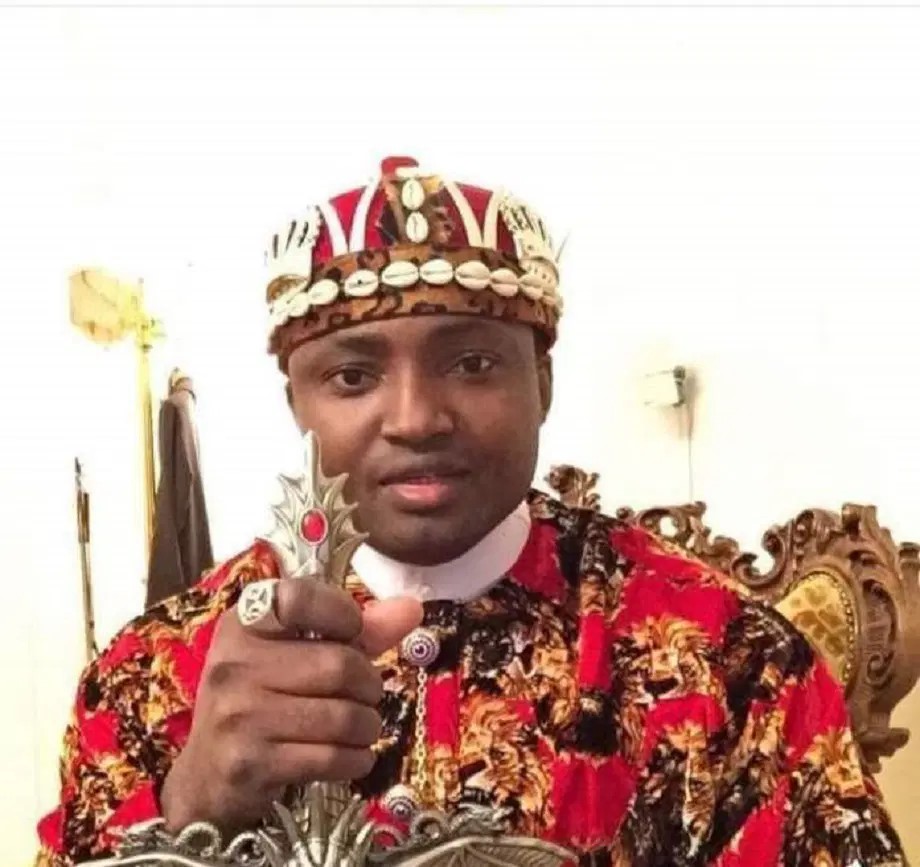






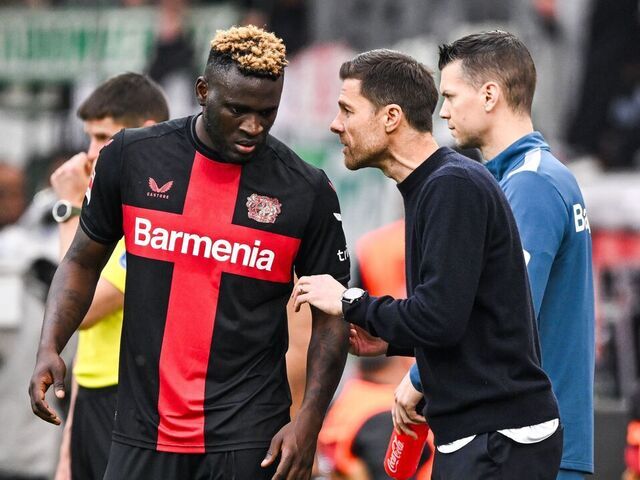

 English (US) ·
English (US) ·